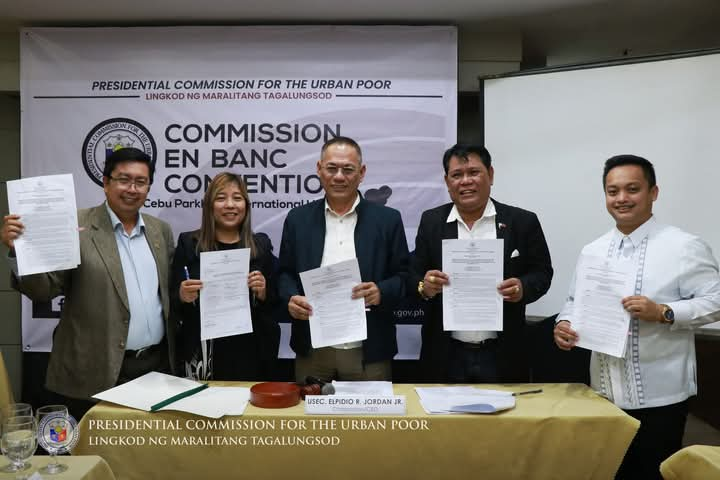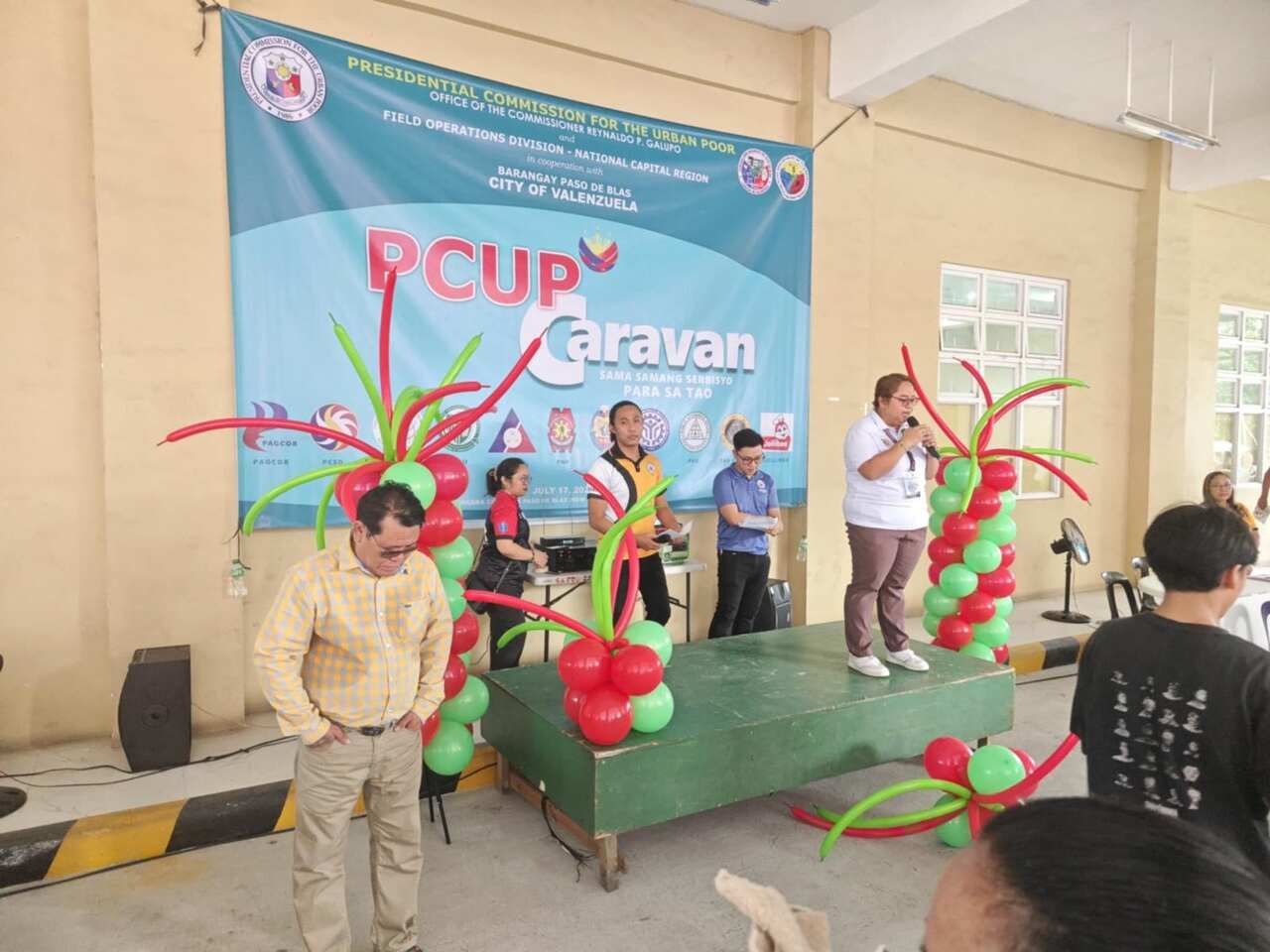The Presidential Commission for the Urban Poor (PCUP) is the primary agency tasked with promoting and protecting the rights of underprivileged communities in urban areas across the Philippines. It acts as a direct link between the government and the urban poor, making sure that their voices are heard and their needs are addressed. Through various programs and services, PCUP works to fight poverty, improve access to housing and employment, and empower communities.
Understanding how PCUP’s programs work is important because they offer practical, on-the-ground solutions to real-life challenges faced by poor families every day. From helping displaced residents find new homes to providing livelihood support and fostering community partnerships, PCUP’s services are designed to make government help more accessible and effective. If you or someone you know is struggling with housing, income, or access to services, it’s worth knowing what the PCUP has to offer.
List of PCUP Programs and Services

Here’s a breakdown of the programs and services offered by the PCUP, and their general categories and purposes:
- Housing and Resettlement Programs: These programs are meant to provide long-term housing solutions to displaced or homeless urban poor communities. They are usually focused on giving families a stable and secure place to live, often through partnerships with the private sector.
- Livelihood and Employment Support Programs: These programs are meant to offer income-generating opportunities and practical skills to help the urban poor become more self-reliant. It is usually a combination of livelihood training with access to employment and financial support systems.
- Community Outreach and Service Caravans: These programs are organized in order to bring multiple government and private services directly to the people through pop-up events and caravans. It’s usually in a one-stop-shop format that offers health, housing, employment, and other public services all in one place.
- Advocacy, Awareness, and Community Empowerment: These programs are designed to strengthen marginalized voices through education, art, volunteerism, and solidarity. They usually give emphasis to community building, advocacy, volunteer networks, and promoting social inclusion.
- Policy Support and Incentives for Private Participation: These programs are designed to encourage private sector involvement in helping the urban poor through incentives like tax exemptions. They generally use legal and financial tools to attract more donors and partnerships to sustain programs.
Each of the following PCUP programs falls under one of the categories mentioned above, making it easier to understand their specific goals and benefits. Whether you’re looking for housing assistance, job opportunities, or ways to support your community, there’s a program designed to meet those needs.
Let’s take a closer look at each individual program and how it helps uplift the urban poor by checking out the list below:
1. Piso Ko, Bahay Mo
This program helps families whose homes were demolished find new housing. PCUP works with private companies to provide land and build homes with complete amenities. It’s all about giving displaced urban poor families a fresh start.
Best for: Families affected by demolition or eviction
Features and benefits:
- Connects families with private developers for housing
- Homes come with complete amenities
- Focuses on long-term housing solutions
- Encourages private sector involvement in community building
2. Lingkod Agapay Maralita (LAM)
LAM aims to give livelihood and job opportunities to the urban poor. The program works with private companies to support savings, income, and employment. It also helps address housing needs in selected communities.
Best for: Urban poor needing jobs, livelihood, or housing support
Features and benefits:
- Opens job and livelihood opportunities
- Encourages savings and financial support
- Partners with private sector for implementation
- Targets communities all over the country
3. CUP Goodwill Ambassadors Program (GAP)
This program invites volunteers from business, education, NGOs, and other groups to support the urban poor. These ambassadors help spread PCUP’s mission and connect with potential partners. It’s all about working together to uplift poor communities.
Best for: Individuals and organizations who want to help marginalized sectors
Features and benefits:
- Volunteer-driven community support
- Builds networks of partners and donors
- Promotes social responsibility
- Supports programs that empower the urban poor
4. PCUP Satellite Offices and Urban Poor Database
PCUP is setting up satellite offices across the country to better reach and support poor communities. These offices will create and manage a database to understand and address local needs. The data will help shape future projects and policies that benefit the urban poor.
Best for: Local government units and urban poor communities needing tailored support
Features and benefits:
- Easier access to PCUP services nationwide
- Data-driven planning and policy making
- Stronger collaboration with LGUs
- Better-targeted housing and livelihood programs
5. Buhay at Bahay: Housing and Improved Community Service Caravan
The Buhay at Bahay Caravan is a community-focused program that brings essential government and private services directly to urban poor communities in Quezon City. It’s a two-day event that aims to fight poverty through teamwork, accessible services, and customized programs for the people. The initiative is aligned with the national government’s goal to uplift the lives of marginalized Filipinos.
Best for: Best for low-income families and communities in Quezon City who need quick access to housing help, public services, and livelihood support.
Features and benefits:
- On-site access to multiple government services and support
- Help desks and information booths for urban poor concerns
- Direct support and presence of partners like Meralco, Maynilad, PLDT, Microsoft, SHFC, DHSUD, and Pag-IBIG Fund
- Emphasis on a whole-of-government approach to tackle poverty from different angles
- Builds stronger partnerships between the government, private sector, and communities
6. Tax Exemption for Donations to Urban Poor Programs
The BIR and PCUP recently signed an agreement to make private donations to urban poor programs tax-free. This means companies can now give support to these causes without worrying about taxes on their donations. It’s part of a bigger effort to encourage more help for underserved communities.
Best for: Private companies and individuals who want to support government programs for the urban poor without incurring donor’s tax.
Features and benefits:
- Tax exemption on private donations to PCUP urban poor programs
- First ₱250,000 of annual donations is already tax-free under TRAIN Law
- BIR will guide PCUP teams on how the tax exemption works
- A dedicated BIR contact person will coordinate and monitor the agreement
- Encourages more public-private partnerships to help the urban poor
7. Urban Poor Solidarity Week
Urban Poor Solidarity Week (UPSW) is a yearly celebration happening every December 2–8. It brings together urban poor communities, organizations, and government agencies to highlight the accomplishments of the PCUP and its partner groups. This event includes awarding top-performing advocates and programs that uplift urban poor lives.
Best for: Celebrating and supporting organizations, LGUs, and individuals making a positive impact on urban poor communities.
Features and benefits:
- Over 800 Urban Poor Organizations and partner agencies expected to join
- Recognition and awards for outstanding organizations and LGUs
- Showcases PCUP’s services and programs throughout the year
- Simultaneous community events nationwide
- Focus on expanding access to public services
- Prioritization of health programs for the urban poor
- Faster accreditation process for urban poor groups
- New PCUP satellite offices for easier access to services
8. Empowering Urban Poor Women through Art and Advocacy
This program brings together women leaders from urban poor communities and empowers them through art and training. During a recent workshop in Cebu City, 70 women expressed their thoughts and advocacies on gender rights and social justice through powerful artworks. These sessions also include discussions on important laws that protect women and families.
Best for: Urban poor women leaders who want to raise awareness on gender equality, express their advocacy through creative means, and learn about their legal rights.
Features and benefits:
- Creative workshops using art to express social and gender issues
- Training sessions covering laws like the Safe Spaces Act and Anti-VAWC Law
- Safe space for women to share stories and experiences
- Encourages community solidarity and empowerment
- Helps amplify the voices of women in poor communities
- Promotes advocacy against gender-based violence and discrimination
- Strengthens leadership roles of urban poor women
9. PCUP BayaniHAN Para sa Bawat Maralita (PBBM) Caravan
The PBBM Caravan is a government outreach program that brings essential services straight to low-income communities. In a recent event held last Friday, over 6,000 beneficiaries received immediate help—way beyond the expected 5,000. Led by PCUP Chairperson Meynard A. Sabili, the initiative was made possible through the support of various government agencies and partners.
Best for: Best for Filipinos living in poor urban areas who need quick and accessible government support.
Features and benefits:
- Free access to government services in one place
- Fast assistance from various agencies like DOH, DSWD, TESDA, and more
- On-site consultations, aid distribution, and social support
- Helps bridge the gap between the government and underprivileged communities
- Ongoing efforts to reach more areas and families in need
10. Gender Sensitivity and Livelihood Training
PCUP also holds meaningful activities such as the one they recently hosted in Pagadian City. These programs, which mostly focus on gender equality and sustainable livelihood, include “Gender Sensitivity 101” seminar for women and PWDs from urban poor communities, which promoted respect and inclusion for all genders along with a hands-on training on Free-Range Chicken Farming and making organic feeds using Black Soldier Fly (BSF) – an eco-friendly way to boost livelihood.
Best for: Empowering women and PWDs in urban poor communities with knowledge on gender equality and practical, sustainable ways to earn a living.
Features and benefits:
- Gender sensitivity seminar promoting respect and equality
- Inclusive training for women and PWDs
- Hands-on livelihood training on free-range chicken production
- Learn organic feed making using BSF technology
- Supports food security and cost-efficient farming
- Promotes sustainable, eco-friendly agricultural practices
- Part of PCUP’s nationwide push to uplift marginalized groups through education and livelihood support
PCUP’s programs show how collaboration between government, private sectors, and communities can create real change for the urban poor. By understanding and accessing these services, families can take important steps toward better housing, stable incomes, and improved quality of life. Staying informed about PCUP’s work is key to building more inclusive and empowered communities across the country.
Video: PCUP Performance Report 2024
To take the first step to staying informed and learn more about PCUP and its programs and achievements, watch this video below:
